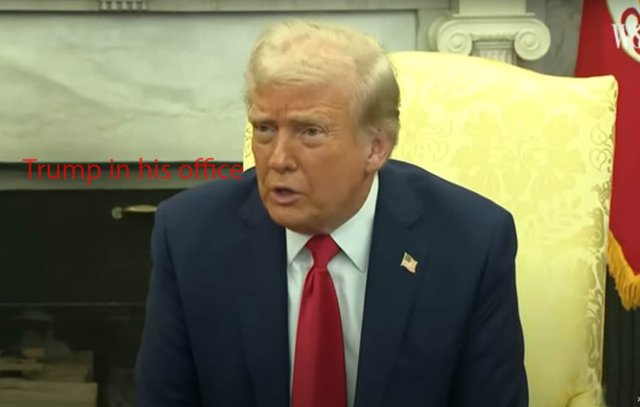"The Trump Recession: Economic Downturn Amid Policy Shifts and Global Uncertainty"
The phrase "Trump Recession" has become increasingly prominent in recent months as economists and analysts examine the likelihood of an economic downturn occurring during or after Donald Trump's presidency. Although the U.S. economy saw periods of growth throughout his administration, critics contend that specific policies and external circumstances have laid the groundwork for a potential recession. This article delves into the primary factors that contribute to the "Trump Recession" narrative, including trade conflicts, tax legislation, and the effects of global economic changes.
Trade Conflicts and Tariffs
A notable policy initiative during Trump's presidency was the implementation of tariffs on China and other trading partners. Aimed at safeguarding American industries and diminishing trade deficits, these tariffs prompted retaliatory actions that disrupted global supply chains and raised costs for both businesses and consumers. The ensuing uncertainty has stifled investment and growth, heightening fears of a prolonged economic downturn.
Tax Reforms and Fiscal Strategy
The Tax Cuts and Jobs Act of 2017, enacted by the Trump administration, delivered a short-term economic boost by lowering corporate tax rates and enhancing disposable income for numerous Americans. However, detractors argue that the long-term consequences of these tax reductions, combined with increased government expenditure, have significantly inflated the federal deficit. This fiscal disparity may hinder the government's capacity to respond effectively to a future recession.
Global Economic Challenges
In addition to domestic policies, the U.S. economy has encountered obstacles stemming from global economic trends, such as decelerating growth in Europe and China, along with the ongoing repercussions of the COVID-19 pandemic. These elements have intensified the risks of a recession, complicating efforts for the U.S. to sustain its economic momentum.
While the concept of a "Trump Recession" continues to be a subject of debate, the interplay of policy choices and external pressures has fostered an atmosphere of economic uncertainty. As the U.S. confronts these challenges, the long-term ramifications of Trump's economic policies remain to be seen.

